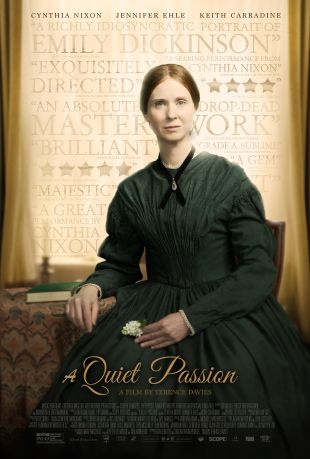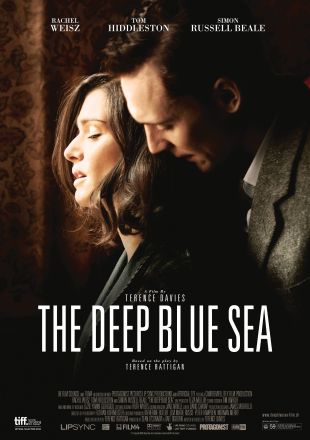British director and screenwriter Terence Davies is noted for his highly personal and often autobiographical chronicles of British working class and the struggles they face in the post-WWII world. He first gained recognition for his Terence Davies Trilogy, which is comprised of three black-and-white religious-themed short chronicles of daily life. Davies shot the films sans color because he sees great beauty and power in the stark simplicity of black-and-white imagery. He released his first feature film, Distant Voices, Still Lives, in 1988. Filmed in color, it was a disturbing account of the brutal abuse he and other family members suffered at the hands of his working-class father during the 1950s. The film also makes a striking comparison between the shiny, upbeat veneer of the decade with its happily middle-class families and firm moral values and the dark, seething realities faced by the blue-collar laborers struggling to eke out a living in their shabby neighborhoods. The film earned the young director much acclaim on the international film festival circuit. Davies' next film, The Long Day Closes (1992), was also autobiographical, and earned him a similar amount of critical appreciation.
Davies stuck with his familiar theme of troubled family life in his next film, 1995's The Neon Bible. Transposing his familiar backdrop of England to the rural Georgia of the 1940s, Davies' display of universal despair kept in tune with the nostalgic and strikingly visual qualities of his previous efforts, though the methodical pacing polarized audiences and critics in their response to the film. It was with House of Mirth (2000) that Davies would break tradition, moving on to a full-blown, grand-scale period romance. Though it was by definition a larger film than his previous efforts, Mirth retained the more melancholy aspects that defined his previous works, with protagonist Lilly (X-Files star Gillian Anderson in a typecast-shattering role) searching for happiness through the courting of wealthy suitors, the characterizations and harsh realities faced by Lilly were essential Davies fodder. Lush and bursting from the seams with vivid color and gorgeous cinematography, Mirth delivered Edith Wharton's study of destructively materialistic social mores to the screen with unquestionable style.


